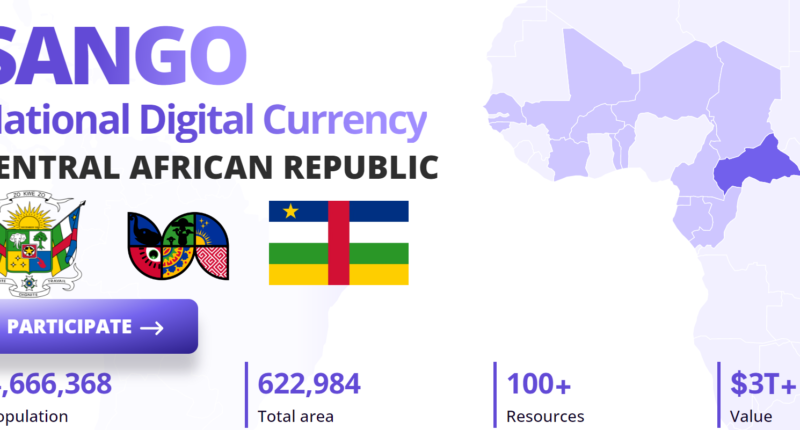The Central African Republic’s government’s plan to allow foreigners to get citizenship and land by using a new cryptocurrency has been deemed “unconstitutional” by the country’s highest court.
Looking Back
The government introduced Sango Coin last month, despite a steep drop in Bitcoin values and concerns about the project’s feasibility in a country with limited internet connectivity and war. Sales of the initial $21 million (£17 million) on offer have been modest, with just over 5% of the target purchased in the hours following its July 21 introduction.
President Faustin-Archange Touadera has supported the Sango Coin as a financial inclusion solution that will encourage investment in the Central African Republic’s rich mineral wealth. According to the Sango website, overseas investors can get citizenship for $60,000 in cryptocurrency (with the corresponding Sango Coins held as security for five years) and “e-residency” for $6,000 (held for three years).
Investors would also be able to purchase a 250 square meter block of land for $10,000, with the Sango Coins locked away for ten years.
What’s happening now
The constitutional court found that nationality had no monetary worth and that residency necessitated a physical presence in the country.
What to Know
In April, CAR, one of the world’s poorest countries, became the first in Africa to legalize bitcoin, raising eyebrows among cryptocurrency specialists and prompting the International Monetary Fund to caution that it was not a “panacea” for the continent’s problems.

